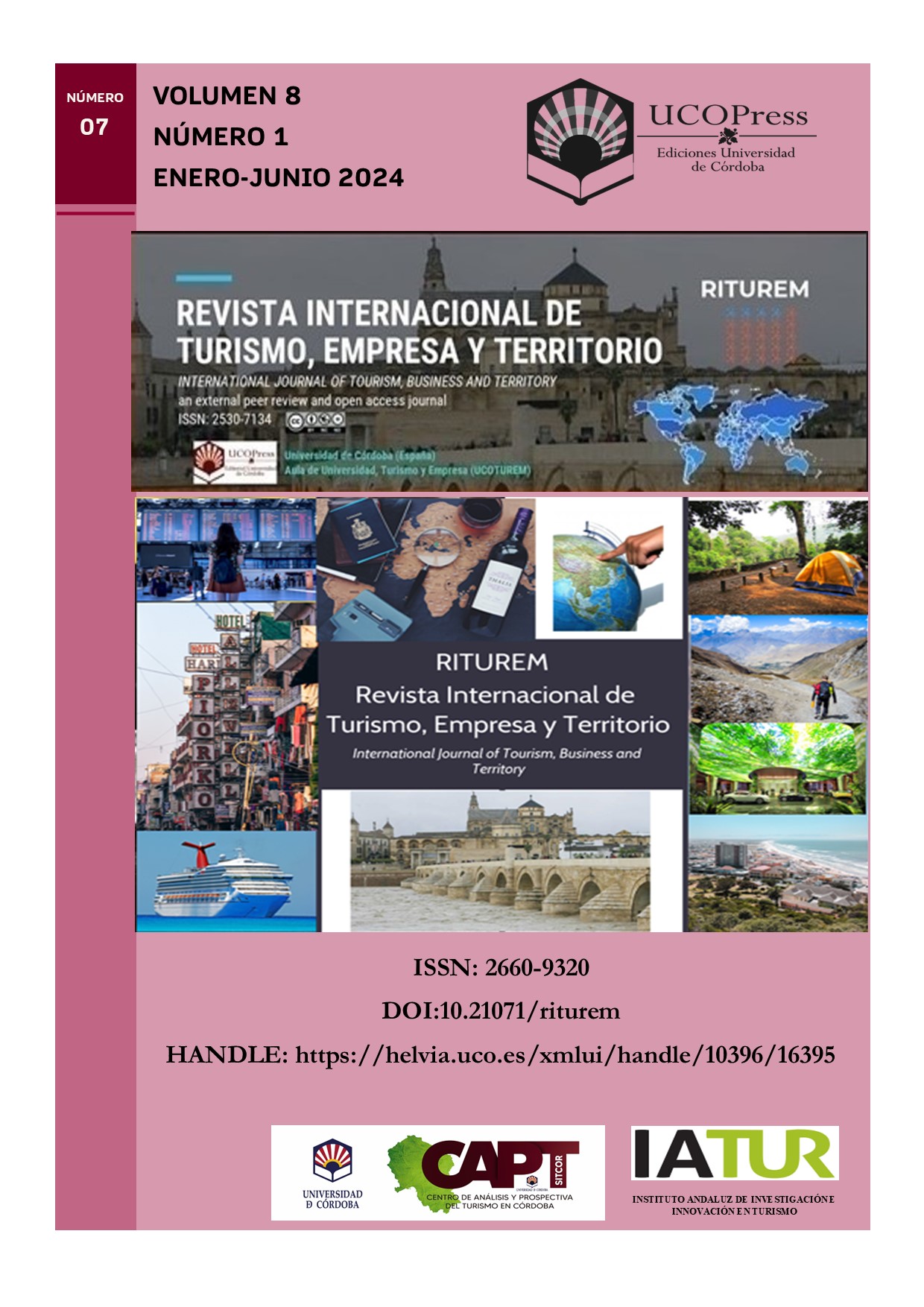Event tourism, public policy and socio-cultural development in Dublin (Ireland)
##plugins.themes.bootstrap3.article.main##
Resumo
In a highly globalised, competitive world, urban strategies often highlight festivals and events as activities which can attract tourists and investors, extend the tourism season and boost the economy. Event tourism as a term is now well established in the tourism lexicon, however, it is usually employed in quite a limited way that offers only partial insights into a complex phenomenon. To redress this deficit, this paper examines the case of Dublin, where for the last twenty-five years, policy makers have been using festivals and events to boost the city’s international standing. The aim is to investigate whether policy makers can strategically use events to further tourism goals while simultaneously fostering socio-cultural development more broadly. Methodologically, the study reported undertakes a detailed, critical analysis of public policy documents that relate festivals and events to tourism. It finds a range of policy perspectives at play but overall, there is a clear tendency for festivals and events to be framed through an urban entrepreneurial lens that under-appreciates social and cultural issues. In contrast, a second set of findings reported from primary research undertaken at one of the main tourism-oriented festivals in the city show how festival experiences can generate enjoyment, sociability, pride, inclusion and belonging for both tourists and other city users alike, while simultaneously producing economic returns. Together, the findings of the policy analysis and the empirical case point to the need to re-think how events and tourism intersect to achieve optimal outcomes, especially in these post pandemic times when cities the world over are searching for more sustainable tourism futures. The study recommends that event tourism policy making adopt broader, more holistic terms of reference and suggests that lessons from practice could be employed to inform better policies.
Keywords: festivals and events; tourism; public policy; socio-cultural development; inclusion; Dublin.
Downloads
##plugins.themes.bootstrap3.article.details##
Avisos de derechos de autor propuestos por Creative Commons
Política propuesta para revistas que ofrecen acceso abierto
Aquellos autores/as que tengan publicaciones con esta revista, aceptan los términos siguientes:
- Los autores/as conservarán sus derechos de autor y garantizarán a la revista el derecho de primera publicación de su obra, el cuál estará simultáneamente sujeto a la licencia Creative Commons CC BY-NC 4.0 (https://creativecommons.org/licenses/by-nc/4.0/deed.es ) , que permite a terceros compartir la obra y permitir obras derivadas siempre que se indique su autor, su primera publicación en esta revista y cuando no se haga uso comercial.
- Los autores/as podrán adoptar otros acuerdos de licencia no exclusiva de distribución de la versión de la obra publicada (p. ej.: depositarla en un archivo telemático o en un repositorio institucional o publicarla en un libro monográfico) siempre que se indique la publicación inicial en esta revista.
- Se permite y recomienda a los autores/as difundir su obra a través de Internet (p. ej.: en archivos telemáticos y repositorios institucionales o en su página web) antes, durante y con posterioridad al proceso de envío, lo cual puede producir intercambios interesantes y aumentar las citas de la obra publicada. (Véase El efecto del acceso abierto).
